Keywords: Immigration Reform
-
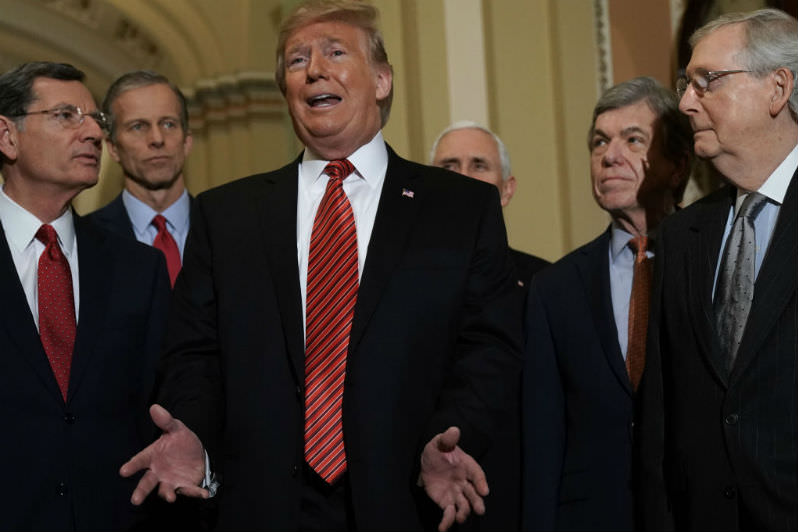
INTERNATIONAL
- Zac Davis
- 14 January 2019
7 Comments
Schumer accused Trump of governing via temper tantrum. He's right. The wall is an ineffective and immoral solution to a deeply complicated problem. It should be rejected at every turn. And yet there's a peculiar quality to temper tantrums: in the absence of good parenting, and if you keep them up long enough, you get your way.
READ MORE 
-
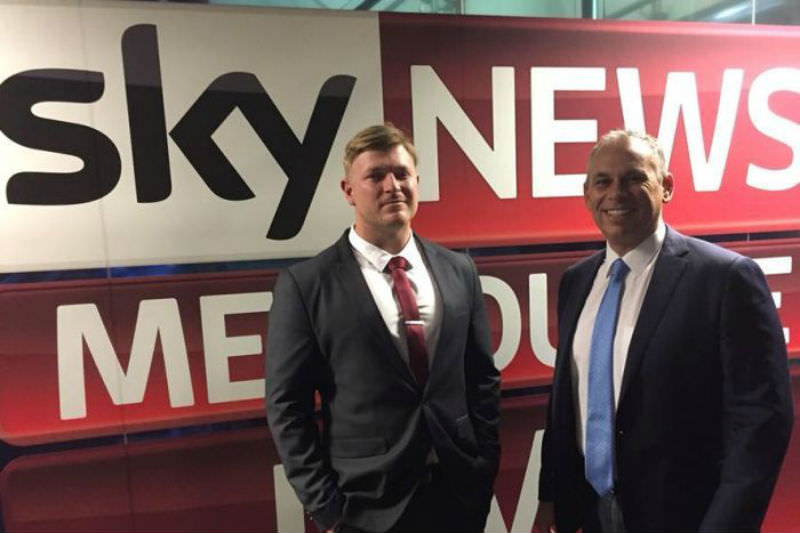
AUSTRALIA
- Joshua Badge
- 27 November 2018
2 Comments
Far-right extremists are savvy political actors. They know openly discussing their beliefs risks running afoul of anti-discrimination laws. Because of this, they have mastered how to speak in the negative and convey meaning through allusion.
READ MORE 
-

INTERNATIONAL
- Zac Davis
- 02 November 2018
2 Comments
To posit that the results of an election come down to who shows up at the polls is to admit America's civic life is broken. Moreover, analysis from the perspective of turnout overemphasises the will and passions of voters and ignores the structural flaws embedded in our electoral process.
READ MORE 
-
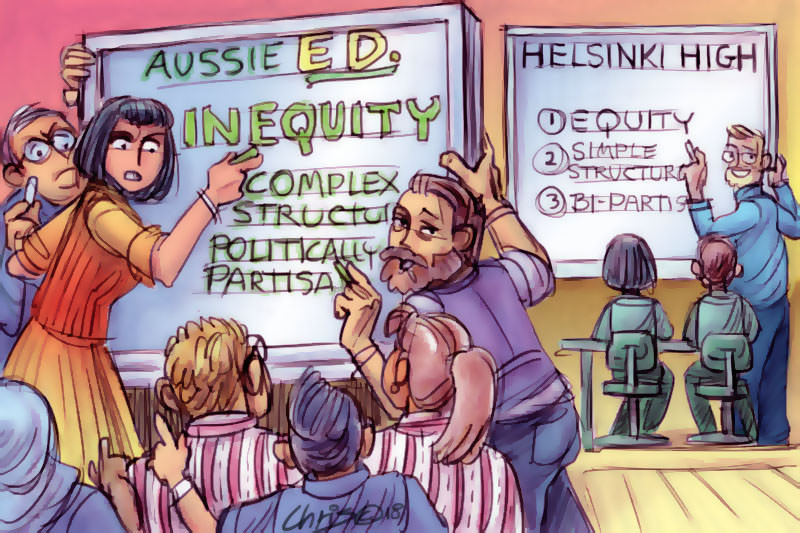
EDUCATION
- Pauline Griffiths
- 26 October 2018
10 Comments
Are we clever enough in Australia to reduce the inequity in our schooling in order to help our moderate voters develop a strong narrative of sensible sharing to shape our future? Or, will the inequities in our schools contribute to ever-deepening divisions?
READ MORE 
-
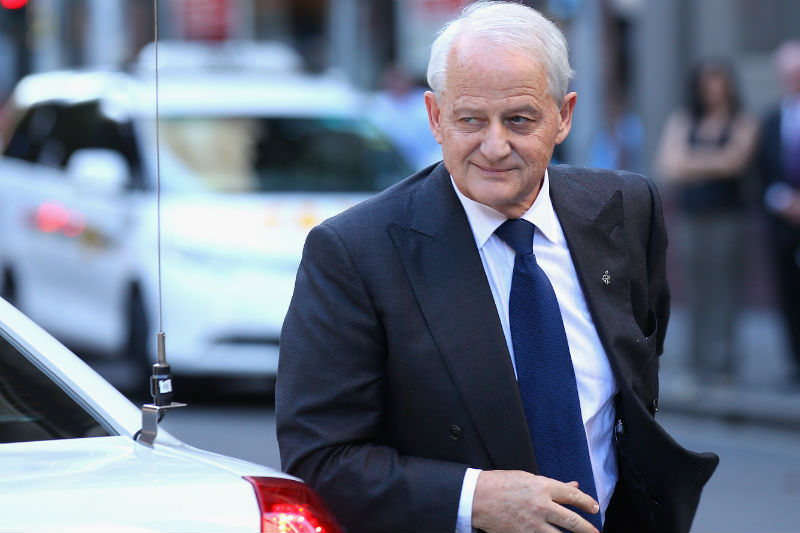
AUSTRALIA
- John Warhurst
- 12 October 2018
24 Comments
The discussion is widely framed as a conflict between secular and religious Australia, as if such entities existed, with secular Australia defending the rights of the LGBTIQ community and religious Australia wanting to shore up its right to discriminate against others on the basis of their sexuality. But it's not that cut and dried.
READ MORE 
-

AUSTRALIA
- Andrew Hamilton
- 03 October 2018
10 Comments
The link Manne makes between Australian treatment of people seeking protection and the abiding cultural demand to control outsiders is illuminating, and his description of the 'Canberra mindset' is persuasive. But the resistance from the sector to negotiation about Manus and Nauru has more complex roots than Manne allows.
READ MORE 
-
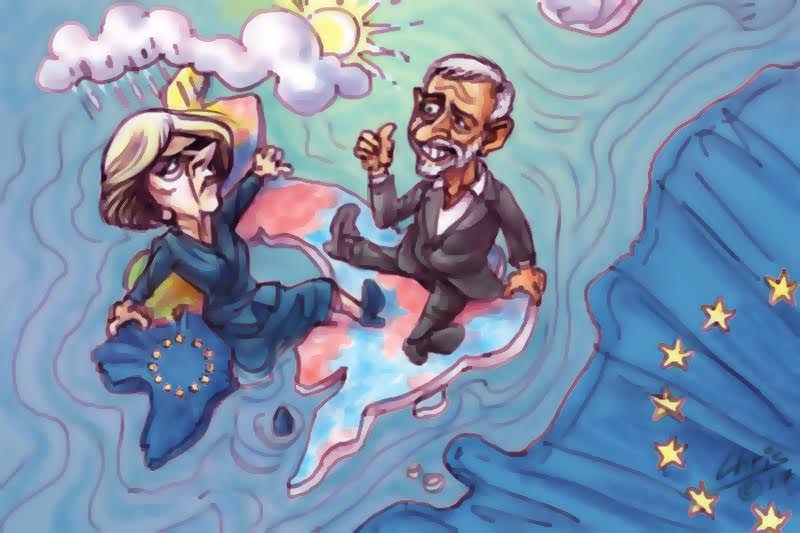
INTERNATIONAL
- Jeff Sparrow
- 09 June 2017
17 Comments
When Corbyn invoked the many against the few, he did so while advocating free education, the renationalisation of utilities and a break from the US alliance. By contrast, Blair coined the phrase in a speech where he urged listeners to put behind them 'the bitter political struggles of left and right that have torn our country apart for too many decades. Many of these conflicts have no relevance whatsoever to the modern world - public versus private, bosses versus workers, middle class versus working class.' We all know which version sits closer to Shorten's heart.
READ MORE 
-

RELIGION
- Frank Brennan
- 08 May 2017
1 Comment
Our Church is presently a strained, outdated social institution with an exclusively male hierarchy and clergy. But it is also the privileged locus for us to be called to the banquet of the Lord sharing theology and sacrament which have sustained the hearts and minds of similar pilgrims for two millennia. Thank God for Pope Francis who is showing us the way, helping us to find meaning in our changing and chaotic world, putting a fresh spring in the step of all those Catholics holding in tension the prophetic and the practical, the theological and the humanist, the tradition and the contemporary reality.
READ MORE
-
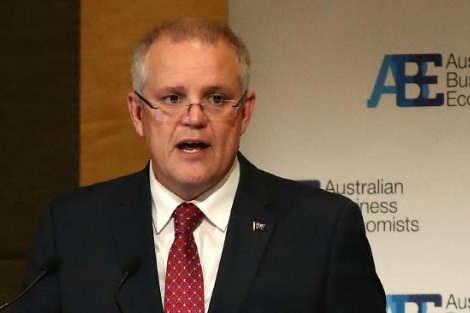
AUSTRALIA
- Frank Brennan
- 07 May 2017
7 Comments
Part of the cost of the double dissolution election last July has been the creation of a Senate with the largest, most diverse group of crossbenchers ever. This will make the passage of any new contested Budget measures difficult, particularly given the Prime Minister’s vulnerability on his right flank, and the Labor Party's propensity to mimic the Opposition tactics adopted previously by Tony Abbott. The government needs to create a clear narrative as to how it will achieve equitable and sustainable growth through this Budget.
READ MORE 
-

MEDIA
- Catherine Marshall
- 29 July 2016
2 Comments
Though the internet has stretched and expanded the number of people and places we have access to, it has also constrained the range of ideas and opinions to which we're exposed. Research has found that Facebook users tend to read and share information that reinforces their own beliefs. This phenomenon has been particularly noticeable in the past month, with the emotion whipped up by the Brexit campaign, the election, and a spate of shocking, apparently Isis-related killings.
READ MORE 
-
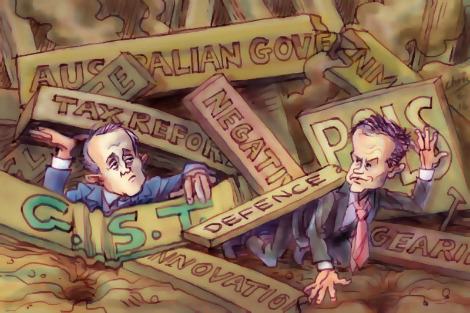
AUSTRALIA
- Osmond Chiu
- 18 March 2016
9 Comments
While Turnbull may be ahead as preferred prime minister, the Coalition has yet to demonstrate the principle of fairness that is deeply held and widely felt across the electorate. Labor's narrative needs to be not only that it is the party best equipped to deal with the challenges we face, but is the only party that can ensure any changes will be just and equitable. A plan for the future that is both convincing and seen as fair may end up being the difference between being in government and opposition.
READ MORE 
-

AUSTRALIA
- Fatima Measham
- 14 March 2016
10 Comments
The debate over the Coalition's proposed senate voting reforms has highlighted the inter-party brokering that brings candidates into office. Yet if representative democracy were predicated on transparency, then another area deserves scrutiny: preselection. The mechanism for choosing party representatives clearly relies on powerful backers - politics - rather than merit. That is an obvious thing to say. But it carries repercussions for governance with which we have yet to grapple.
READ MORE 